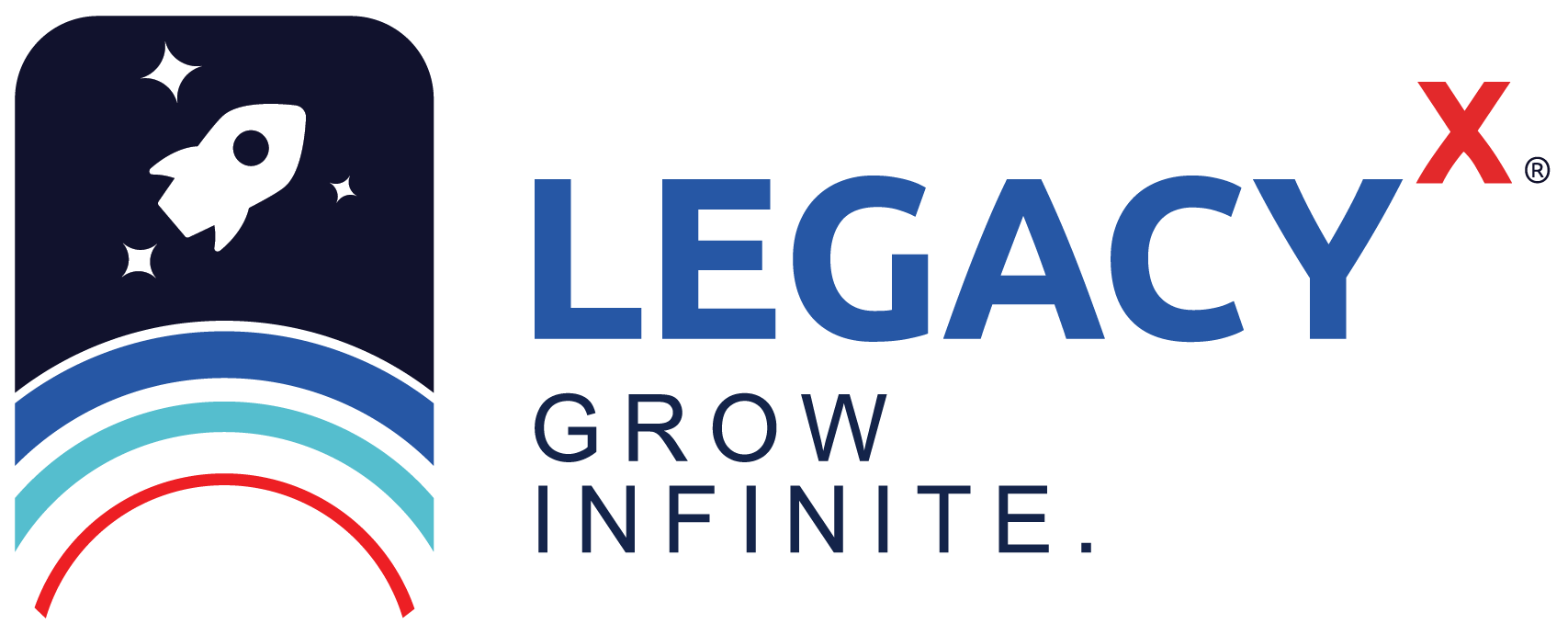
17
July9 Best Neuroscience Practices for Coaches
Neuroscience focuses on brain activity and its performance on our behaviors and functions. Dr. Sarah McKay, from Oxford University, is a brain health commentator, TEDx speaker, and a Ph.D. neuroscientist along with being a distinguished author who specializes in translating complex brain activity into simple and understandable language that helps in formulating strategies for achieving the best performance possible; believes that there are 9 foundations of neuroscience for brain health.
Neuroscience practices are vital for a Life Coach due to the mental and emotional effort that is being invested in the coaching sessions and in supporting the client. Hence, every professional coach and life coach must follow those 9 practices to ensure a healthy neurological state and provide himself, as a professional coach, and the client with the maximum support.
Below we will mention those 9 Best Neuroscience Practices for Coaches
What are the 9 Best Neuroscience Practices for Coaches?
1. Sleeping
Sleeping is vital for everyone, let alone life coaches.
A life coach may not show up to a session half asleep or yawning as this might be interpreted by the client as a lack of interest which will instantly kill the rapport between the client and the life coach during the coaching session.
Therefore, a coach should always have a good night's sleep the night before the day of the session and from time to time have naps that indulge a state of creativity and help regulate emotions.
Furthermore, sleep is essential for coaches whether a good night's sleep or a nap will improve memory and learning, which eventually will help the coach during the coaching session.
2. Moving
Exercise Exercise Exercise!
Mental flexibility stems from physical flexibility too. One of the presuppositions in Neurolinguistics is that the mind and body are two parts of the same system and they affect each other.
A healthy body would instantly mean a healthy mind which is peaceful and well-rested and can gather the thousands of cues that we encounter on a daily basis.
Exercising will help you as a professional coach during your coaching session and result in a huge impact on your client.
3. Nourishment and Refreshment
A healthy diet is essential. Of course, that does not mean counting each calorie that enters our body and having less dessert or less sugar. It simply means a balanced diet which includes eating less of everything to ensure balance.
Having a balanced diet will help you focus more during the day and during coaching sessions with your client.
Know more about the Self-Leadership Coaching Series and Watch the Videos On Legacy Coaching Institute Youtube Channel.
4. Calmness
Finding the place of calamity inside your soul is as important as finding it in the real world. You must know yourself well to be able to know what calms you down and what triggers you. Make sure that you have a daily vacation whether it is a walk through the grass, or a glass of water to be finished in 5 minutes, whatever your daily vacation is, do it regularly, it will
affect your whole mood during the day, and will keep you focused during your coaching sessions.
5. Connection
If you feel sad or alone, make sure that you connect with others by reaching out. However, if you are an introvert make sure that you connect with yourself first as this is how you would recharge your energy.
6. Nurture
Back to the daily vacation mentioned in point no. 4 –calmness- make sure that you do connect with nature as this is vital for your immune system and stress response.
7. Feel
Marinate in positive emotions which will help us gain control of our emotions, also, allow negative emotions to take over because this will put you in flow with your inner self.
Don’t resist any emotion. Live it, let it be, and allow it to flow in the natural direction which will always take you to where you belong at the moment and will teach you what you need to learn to move forward or upward.
8. Challenge
Although coaches don’t advise, direct, or guide; nonetheless, intellectual engagement and constant stimulation of your brain will affect your performance in the coaching session as it builds cognitive reserve and deteriorates the risk of mental health issues, disorders, or dementia.
9. Seek: Ever heard of the quote “Dream so big that your dreams scare you”?
The true meaning of life comes from serving a purpose or a cause that is much bigger than who we really are. Having a purpose -whatever it is, no matter how big or small to OTHERS, as long as it serves YOU- increases chances of living a healthier life with fewer health risks and reduces the risk of serious and chronic illness.
Know More about the Code of Self Care For Coaches, and watch this video:Code of Self Care For Coaches - Mai Dinana | Legacy Festival 2021


Reviews
Comments